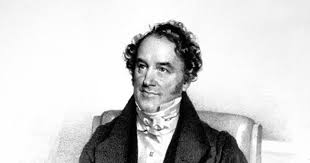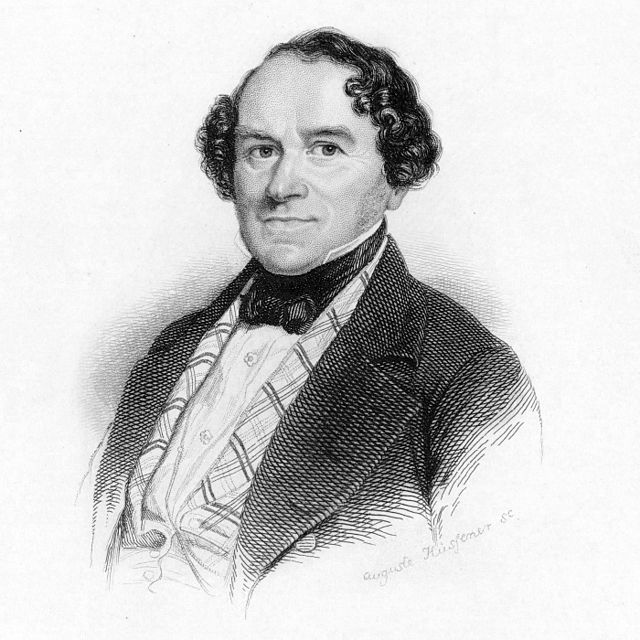Early Life and Education
Conradin Kreutzer, born on November 22, 1780, in Meßkirch, a small town in the Swabian region of Germany, emerged as a prominent composer and conductor during the early Romantic period. His family background was musically inclined, which fostered his early interest in music. Kreutzer’s initial music education was likely informal, rooted in local traditions and familial influences. Recognizing his potential, his family supported his musical aspirations, allowing him to pursue formal training.
Musical Training and Influences
Kreutzer’s formal musical education began in earnest when he studied under renowned composers and musicians of his time. He studied law in Freiburg, but his passion for music soon took precedence. He moved to Vienna, a hub of musical innovation, where he was influenced by the works of Ludwig van Beethoven and Wolfgang Amadeus Mozart. During this period, Kreutzer’s style began to mature, blending classical structures with the emerging Romantic sensibilities.
Career Beginnings
In the early 1800s, Kreutzer started gaining recognition as a composer. His first significant appointment was in Stuttgart, where he served as the Kapellmeister (music director) for the court. His early compositions, including operas and church music, showcased his versatility and command over different musical forms. His opera “Conradin von Schwaben,” composed in 1812, brought him considerable acclaim and established his reputation in the operatic genre.
Peak Career and Major Works
Kreutzer’s career flourished during his time in Vienna, where he became a central figure in the city’s vibrant musical scene. He composed a wide array of works, including symphonies, operas, chamber music, and songs. Some of his notable operas include “Das Nachtlager in Granada” (1834) and “Melusina” (1833), which were well-received and frequently performed during his lifetime.
His style was characterized by melodic richness and expressive harmonies, aligning with the Romantic movement’s emphasis on emotion and individualism. Kreutzer’s contributions to vocal music, particularly his Lieder (songs), were significant. His song cycles and individual songs were popular in salons and concert halls, reflecting the Romantic era’s fascination with poetry and song.
Later Years and Legacy
In his later years, Kreutzer continued to compose and conduct, although his influence began to wane as new musical trends emerged. He held various positions, including Kapellmeister in Cologne and Düsseldorf, where he contributed to the local musical culture and nurtured young talent.
Kreutzer’s health declined in the late 1830s, and he struggled with financial difficulties. Despite these challenges, he remained dedicated to his craft, composing until his final years. Conradin Kreutzer passed away on December 14, 1849, in Riga, then part of the Russian Empire.
Legacy and Impact
Conradin Kreutzer’s legacy is often overshadowed by his more famous contemporaries, but his contributions to early Romantic music are notable. His operas, songs, and instrumental works reflect the transitional period between Classical and Romantic music, showcasing the evolving styles and tastes of the time. Kreutzer’s ability to blend lyrical melodies with rich harmonic textures influenced subsequent generations of composers.
His operas, particularly “Das Nachtlager in Granada,” continued to be performed after his death, and his Lieder remain appreciated for their lyrical beauty and emotional depth. Kreutzer’s dedication to music education and his efforts in various Kapellmeister roles helped shape the musical landscapes of the cities he worked in.
In summary, Conradin Kreutzer was a significant figure in early 19th-century music, contributing to the development of Romanticism in music. His diverse body of work, encompassing operas, symphonies, chamber music, and songs, reflects his versatility and enduring influence in the world of classical music.


Comments are closed